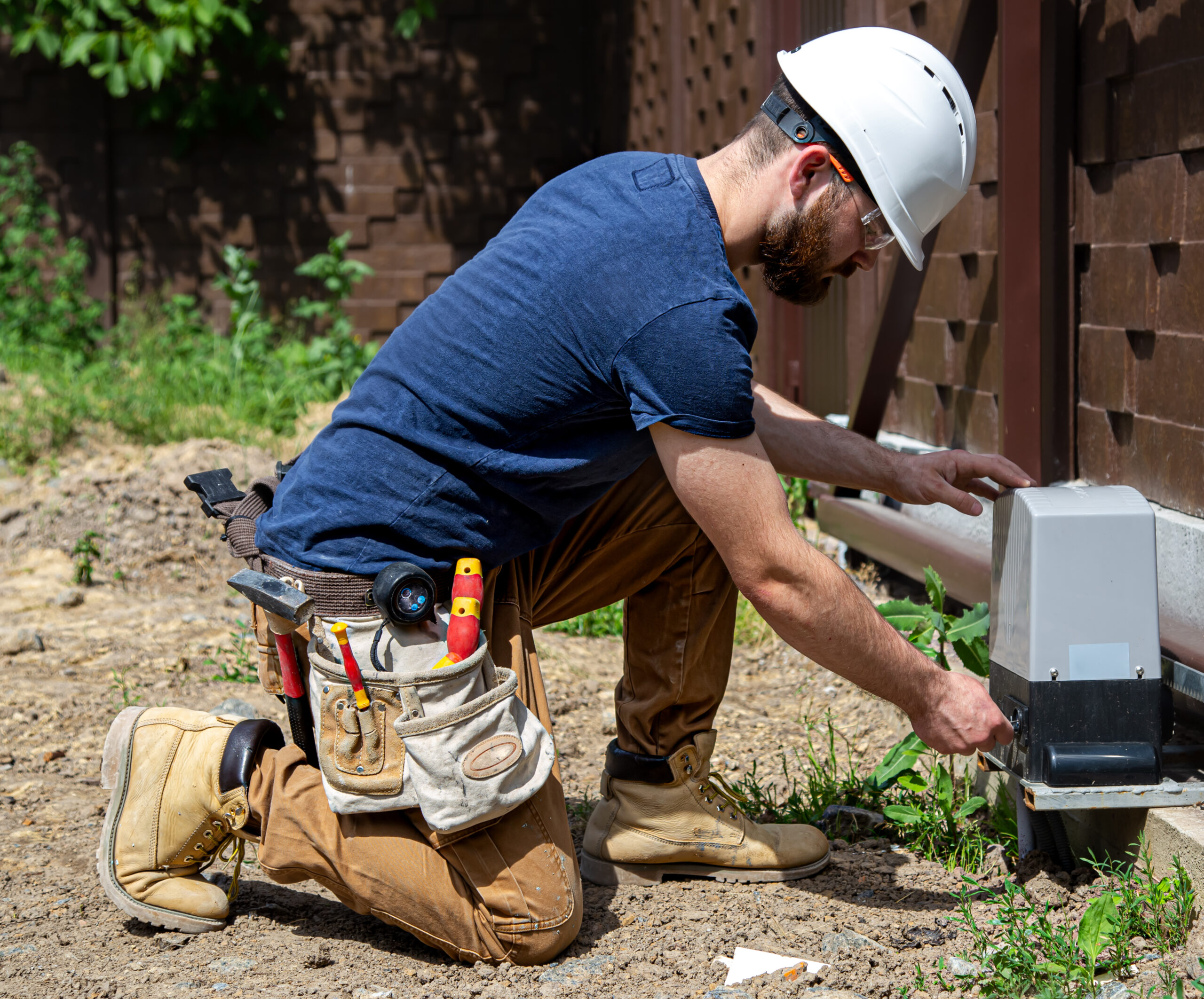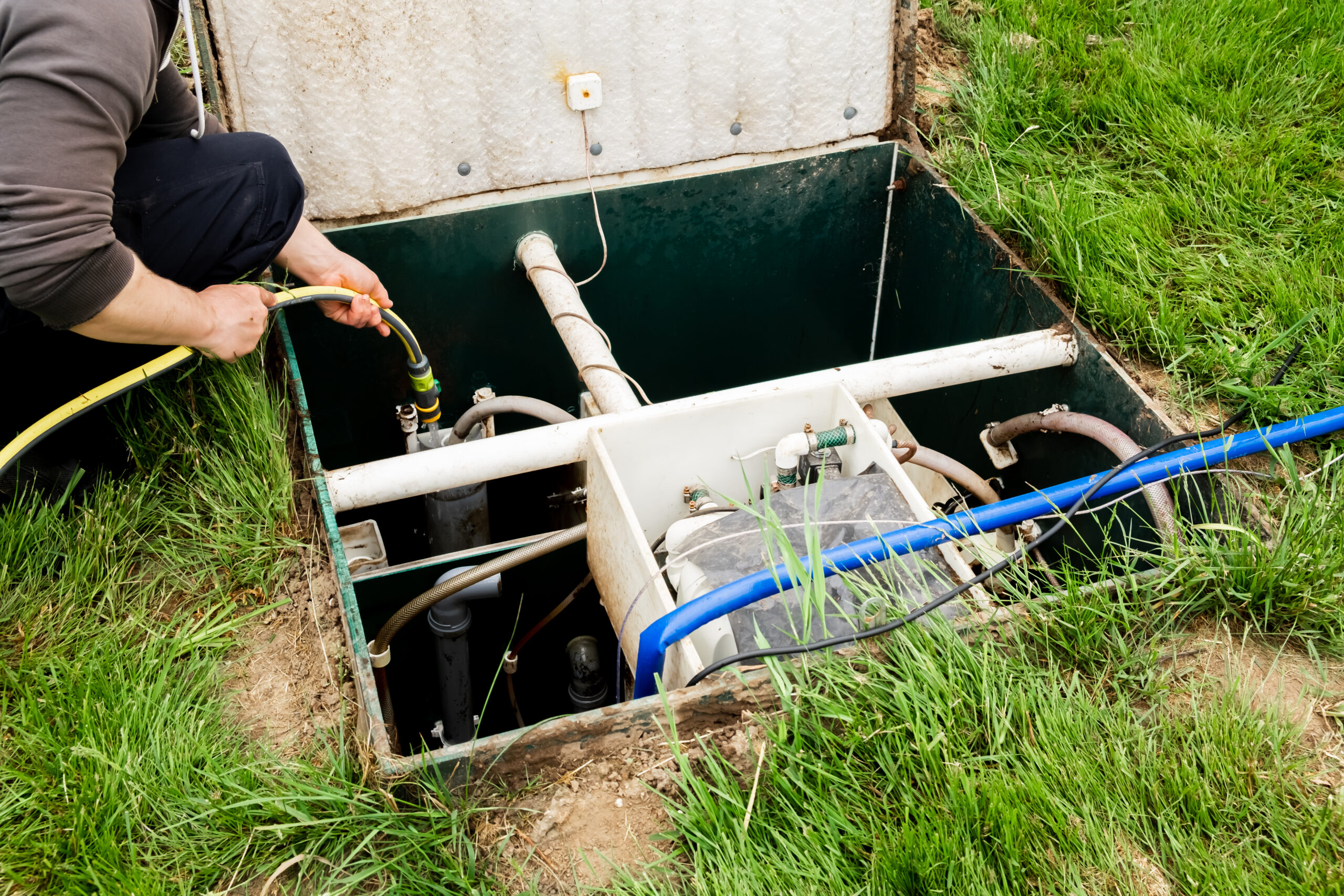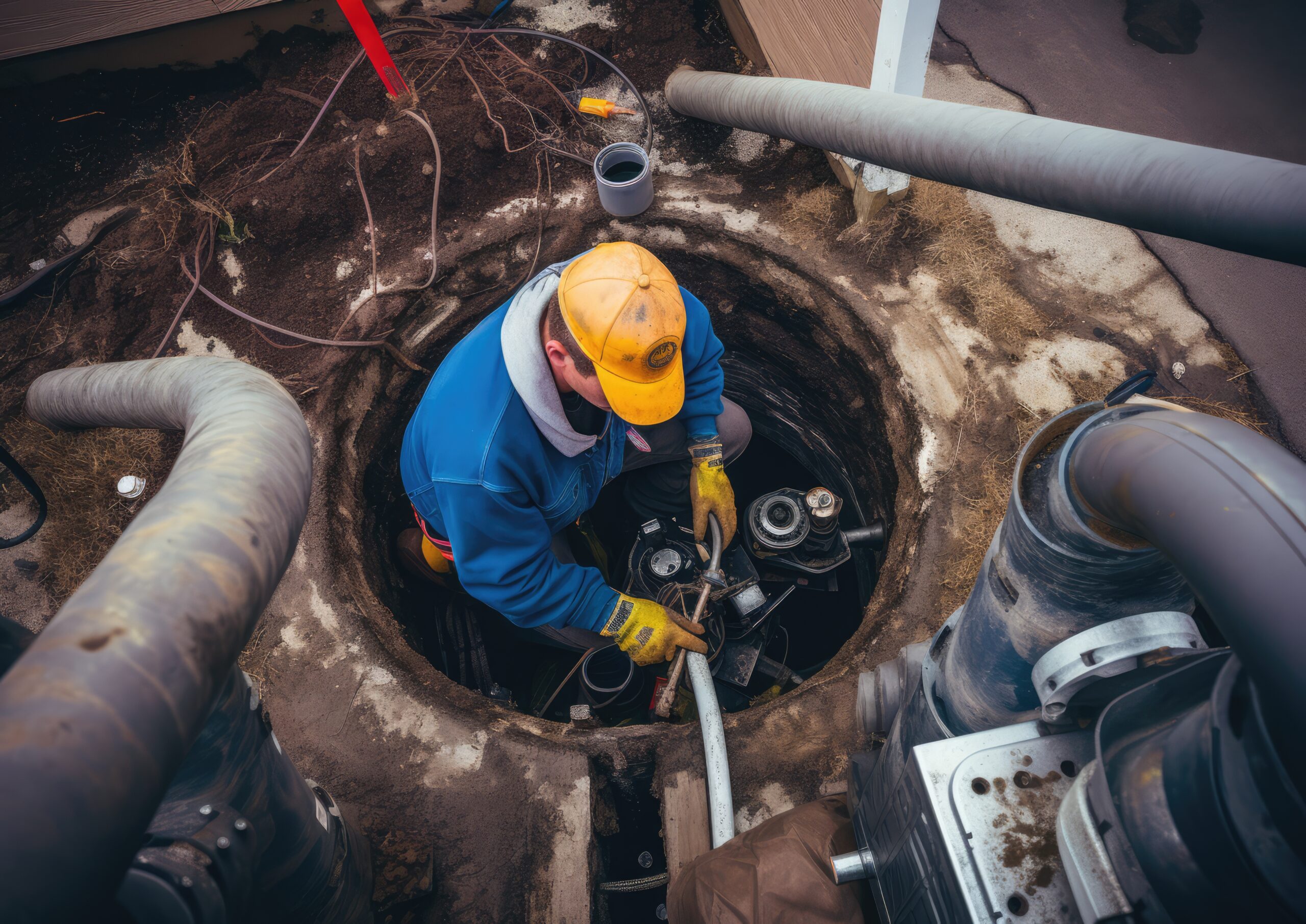Many homes that aren’t tied to municipal sewage systems need septic systems to keep their waste water clean. They handle and treat home wastewater efficiently on-site. But they need to be properly maintained to make sure they work right and keep doing their job without putting people’s health at risk or hurting the environment. “How often should I pump my septic tank, and what signs should I look for to know it’s time?” is a question that many homeowners have, especially those who received an old system.
Understanding Septic Systems
It’s important to know how septic systems work before you start doing repair on them. A septic tank and a drain area are common parts of a system. When wastewater goes into the septic tank, solids fall to the bottom and form sludge. On the other hand, fats, oils, and proteins float to the top and form scum. The liquid waste water (effluent) then runs from the tank to a drain field, where the soil treats it even more. Before the wastewater gets to the groundwater, microorganisms in the dirt get rid of the pollutants.
The Case of the Long-Unpumped Septic Tank
Take the case of a person who finds out they have not Unpumped Septic Tank in a long time, maybe even over twenty years. This is especially strange if there haven’t been any obvious problems, like sewage backups or bad smells. But just because problems aren’t obvious doesn’t mean the septic system doesn’t have any. Over time, sludge and scum can build up a lot, making the tank less effective and increasing the chance of a backup or system damage.
Should You Pump the Septic Tank?
Every three to five years, based on the size of the tank and how much water the home uses, septic tanks need to be pumped. Pumping is necessary to get rid of sludge and scum that build up and stop the system from working right. If it’s been more than 20 years since the last cleaning, you should definitely set up a service right away. A trained expert can look at the tank and tell you what to do next. If the tank is badly damaged or worn out, they may suggest repairs or even replacement.
Using Additives Like Yeast
A lot of people who own their own homes are curious about using things like yeast to help break down trash. Some additives say they increase the amount of germs in tanks, but most experts agree that these are not needed in most situations. Most of the time, the natural bacteria that break down trash are enough without any extras. In fact, some chemical agents can hurt the environment and the septic system by upsetting the balance of microbes that the system needs to work.
Signs That Your Septic Tank Needs Attention
Slow Drains: If your drains or toilets start gurgling or draining slowly, it might be a sign that your septic tank is full.
Unpleasant Odors: Foul odors around the tank or drain field area can indicate that waste isn’t being properly processed.
Water Pooling: If you notice water pooling in the drain field, this might be a sign of an overflow or a clog in the system.
Sewage Backup: This is a critical sign that your septic system is in need of immediate attention.
Conclusion
Taking care of your septic tank isn’t just about avoiding problems; it’s also about making sure that your wastewater management system lasts as long as possible and works well. It’s important to do regular checks and pumps, even if there don’t seem to be any problems right now. If you don’t know how septic systems work, you should always talk to a professional. This not only makes sure that your system is well taken care of, but it also helps you make smart choices about how to maintain and run it.
Click here to have an overview of services




